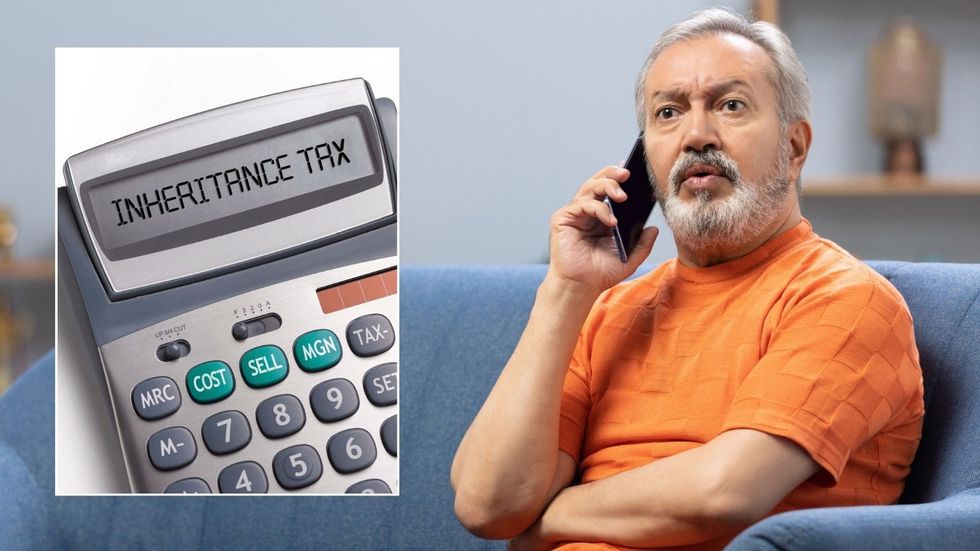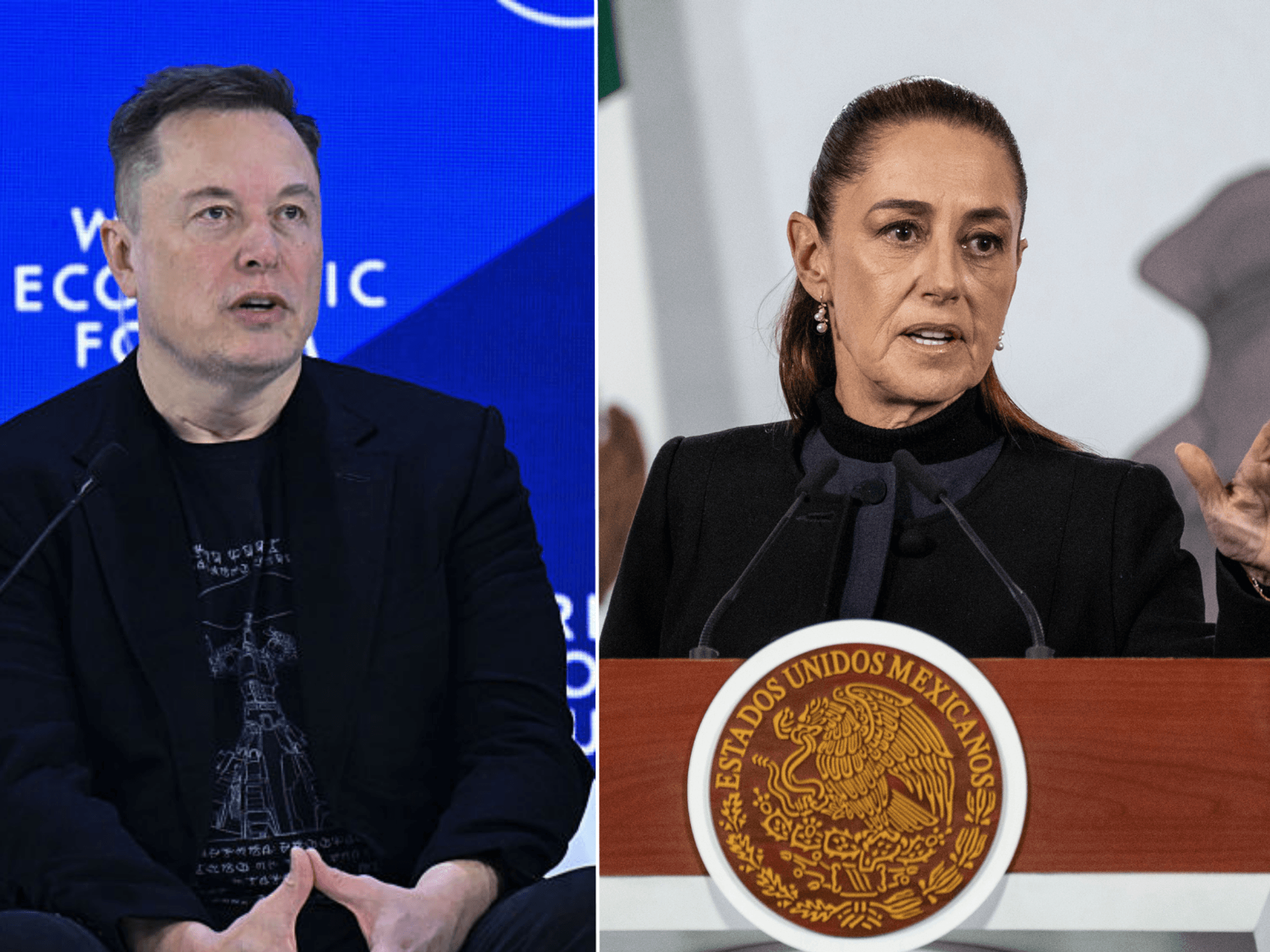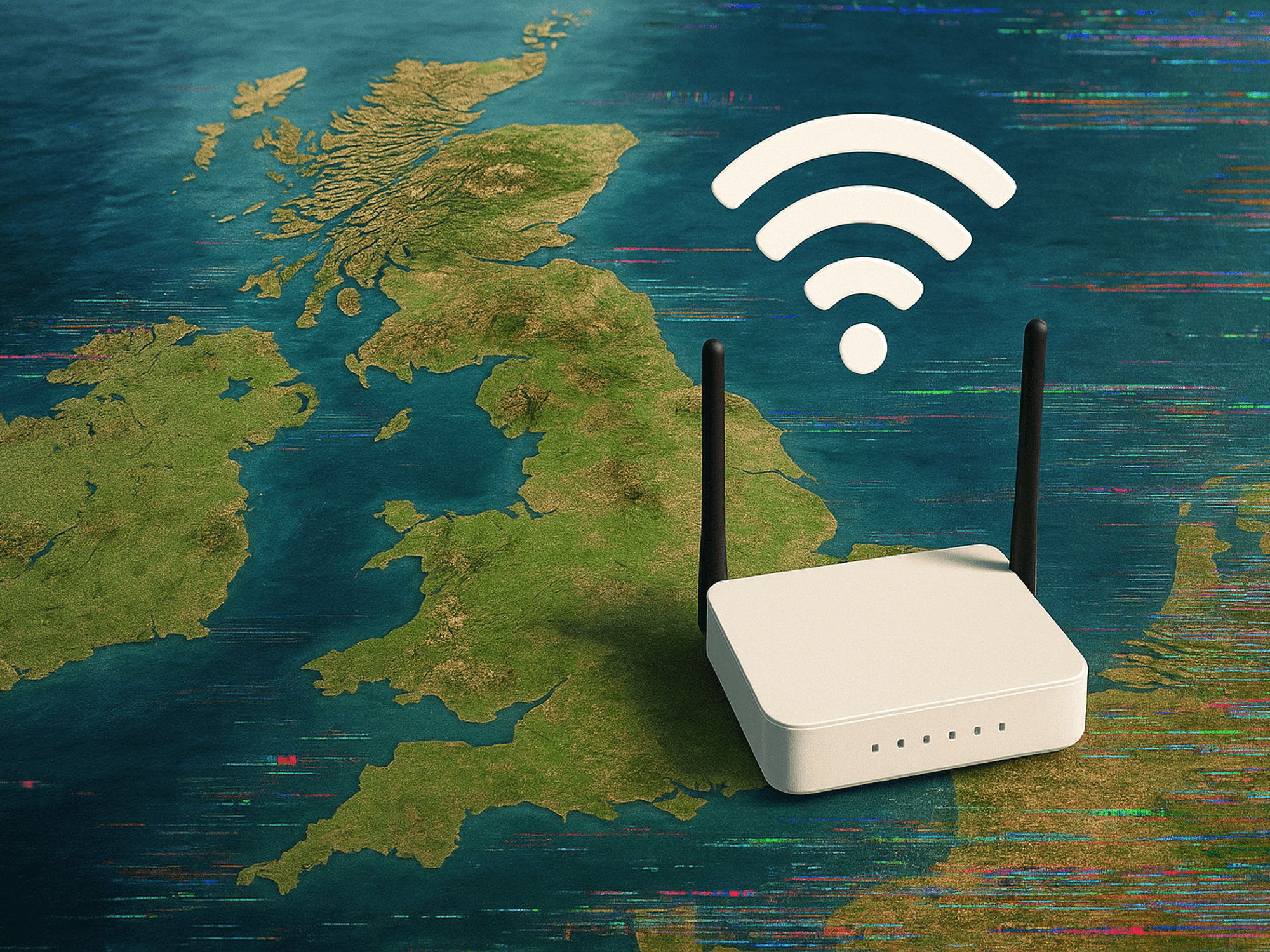'How much inheritance tax do I owe on my pension after withdrawing 25% in savings?' Jasmine Britles answers your questions

Savers urged to be careful of tax on savings interest |
GB NEWS
Pension expert Jasmine Birtles is breaking down the pros and cons of accessing your retirement savings early
Don't Miss
Most Read
Question: Dear Jasmine, I have taken 25 per cent from my employees paid up pension pot and the balance is sitting with the Royal London low risk plan for payout to my niece/nephews when I pop my clogs. I have no children. I am able to do without pension .
I have since read that pensions, the growth amount, can be paid now to anyone as it is unearned income? Without tax problems , is this correct? Or have I read it wrong and payout now would be subject to the seven year rule?
My IFA that handled the pensions consolidation and transfer to the RL never mentioned this. The pension pot has grown some 15 fold over the years. So the unearned growth amount is huge. Total is £220,000. I'd be do grateful if you would let me know please.
Jasmine Birtles is founder of the self-help financial site MoneyMagpie.com . Do you have a money question for Jasmine? Get in touch by emailing money@gbnews.uk .
 Jasmine Birtles answers questions from GB News members in the exclusive pensions and retirement Q&A | JASMINE BIRTLES | GETTY
Jasmine Birtles answers questions from GB News members in the exclusive pensions and retirement Q&A | JASMINE BIRTLES | GETTY Answer: It makes sense that you are considering the issue of pensions and tax after the Chancellor, Rachel Reeves, announced at the last Budget that the pensions exemption from inheritance tax (IHT) would be removed.
A lot of retired people are rethinking their pension contributions in the light of that news and are looking for ways to mitigate the potential increased tax their family might need to pay.
I put your question to Jodie Watling, the director of Wealth Management at Menzies accountancy firm.
Having looked at your question she immediately said that she was pleased you have a financial advisor to talk to about this as they will be able to give you specific, personalised advice.
 People preparing for retirement are concerned over what their savings will eventually look like | PA
People preparing for retirement are concerned over what their savings will eventually look like | PAHowever, she also added these points about the tax status of growth in pension funds: "The viewer has confirmed that they have already withdrawn all their tax-free cash entitlement (25 per cent).
"The remainder of the pension pot will be subject to income tax at the individual’s marginal rate. This includes any amount that is considered to be 'investment growth'.
"If the viewer wishes to withdraw funds from their pension to gift to someone else before they die, they will pay income tax on the withdrawal at their marginal rate.
"The monies, once gifted, would become a Potentially Exempt Transfer (PET). A PET will become fully exempt from inheritance tax providing the donor (person who made the gift) survives for seven years after making the gift."
She adds some notes about pension death benefits too, saying: "Under the current rules, if the individual dies before age 75, the pension can be passed onto their beneficiaries tax-free.
"If they die after age 75, the beneficiaries will pay income tax on the pension benefits at their marginal tax rate.
LATEST DEVELOPMENTS:
- Savings alert: Jasmine Birtles reveals how to slash your holiday debt this summer - 'Be careful!'
- 'Five key steps to secure your retirement future,' Jasmine Birtles shares how to boost your pension savings
- 'Will I be taxed on my state pension next year?' Jasmine Birtles explains how to avoid a 'surprise tax bill'
 From 2027, pension pots will no longer be exempt from inheritance tax | GETTY
From 2027, pension pots will no longer be exempt from inheritance tax | GETTY "Pensions are currently inheritance tax exempt, however the government announced last year that they plan to bring pensions into scope for inheritance tax from April 2027.
"We are currently awaiting further information from the government on how this new rule will work with the existing rules around tax-free benefits before 75 and taxable benefits post 75.
"It is recommended that individuals complete a death benefit nomination for every pension they hold. A nomination form (or a letter of wishes) allows the individual to tell the pension trustees who they would like to benefit from their pension on their death.
"The pension trustee/administrator will take the individual’s nomination into account when determining who to pay out the benefits to. They will often follow the instructions in the nomination unless there is good reason not to."
More From GB News










